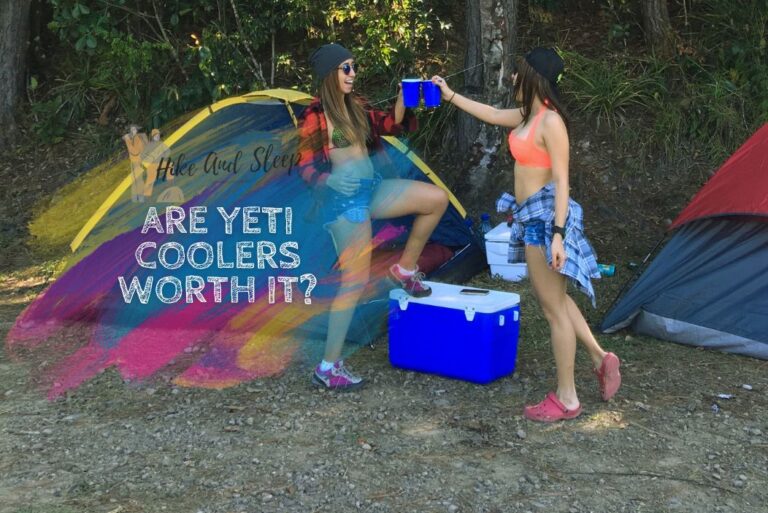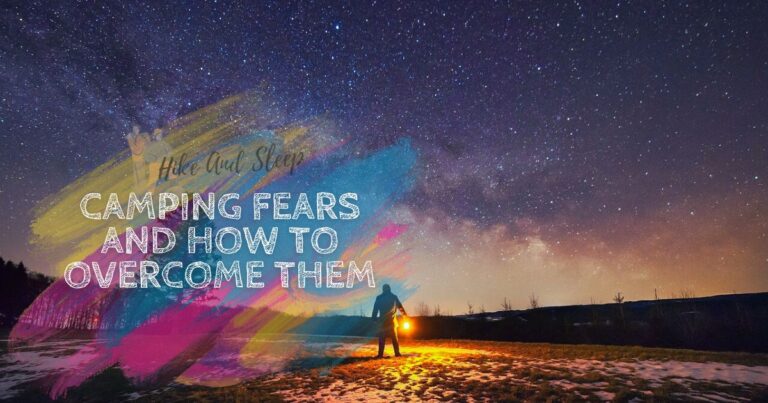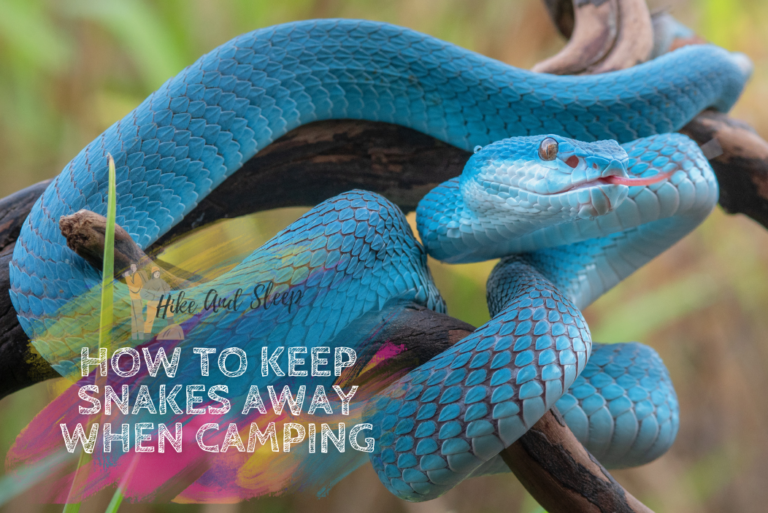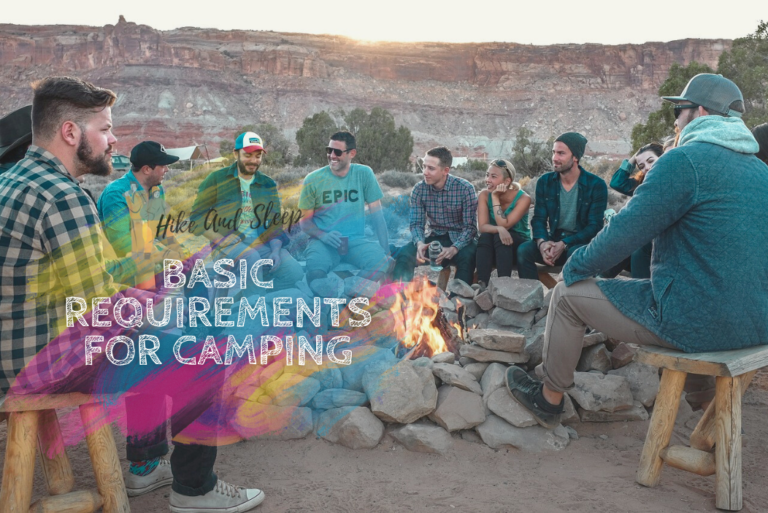Camping In Hot Weather
When it comes to camping in hot weather, it’s essential to keep your cool. As the saying goes, ‘beat the heat’ with strategic planning and the right equipment.
In this article, we will explore the art of camping in hot weather, providing tips and tricks to ensure your safety and enjoyment.
From selecting the ideal campsite to staying hydrated and managing the heat, this guide will empower you to embrace the freedom of camping even in the most sweltering conditions.
Table of Contents
Key Takeaways
- Proper gear and clothing, such as a high-quality tent with ventilation and lightweight, breathable clothing, are essential for hot-weather camping.
- Staying hydrated by drinking plenty of water, avoiding excessive caffeine and alcohol, and eating hydrating foods is crucial.
- Choosing the right campsite with natural shade options, adequate airflow, and open areas can help manage the heat.
- Practicing safety precautions, such as staying hydrated, seeking shade, monitoring heat-related symptoms, and applying sunscreen, is important for camping in high temperatures.
Essential Gear for Hot Weather Camping
When camping in hot weather, it is essential to bring the right gear to ensure your comfort and well-being. To start, having a camping gear checklist is crucial to make sure you have all the necessary items for a successful trip.
First and foremost, invest in a high-quality tent that offers proper ventilation and protection from the sun. Look for one with mesh windows and a rainfly that can be removed during hot nights.
Additionally, a camping chair with breathable fabric will provide a comfortable seating option while allowing air to circulate.
When it comes to clothing for hot weather camping, lightweight and breathable fabrics are key. Opt for moisture-wicking fabrics like polyester or nylon that will help keep you cool and dry.
Loose-fitting and light-colored clothing is also recommended as it reflects sunlight and allows for better air circulation. Don’t forget to pack a wide-brimmed hat and sunglasses to protect yourself from the sun’s harmful rays.
Staying Hydrated: Tips and Tricks
To ensure optimal hydration during hot weather camping, it is important to follow these tips and tricks. Hydration is key to staying healthy and comfortable in the heat, so it is essential to have effective hydration techniques and access to reliable water sources.
Here are some tips and tricks to stay hydrated during hot weather camping:
| Hydration Techniques | Water Sources |
|---|---|
| Drink plenty of water throughout the day | Carry a reusable water bottle and refill at designated water stations or natural water sources |
| Avoid excessive caffeine and alcohol consumption, as they can dehydrate the body | Filter and purify water from streams or lakes using portable water filters or purification tablets |
| Eat hydrating foods such as fruits and vegetables | Plan your route to include campsites with access to clean water sources |
| Take regular water breaks during outdoor activities | Bring enough water for the duration of your camping trip, accounting for the hot weather and physical activity |
Choosing the Right Campsite for Hot Weather
A crucial aspect of camping in hot weather is selecting an appropriate campsite that offers both shade and adequate airflow. When camping in hot weather, it is essential to find a campsite that provides relief from the scorching sun and allows for comfortable outdoor activities.
One important consideration is the availability of shade options. Look for campsites that have natural shade from trees or rock formations.
These areas can provide a cool and comfortable spot to relax during the hottest parts of the day. Additionally, having shade options is crucial for campfire cooking, as it allows you to cook meals without the direct heat of the sun affecting the cooking process.
Another factor to consider when choosing a campsite for hot weather is adequate airflow. Look for campsites that are situated in open areas, away from dense vegetation or structures that can block the breeze.
Good airflow is essential for maintaining a comfortable temperature and reducing the risk of heat-related illnesses. It also helps to keep bugs and mosquitoes at bay.
Recommended Read:
- How Hot Is A Campfire?
- How To Secure Dogs When Camping?
- How To Winterize A Tent
- Can You Sleep In A Tent When It’s Raining
Managing Heat: Keeping Cool in the Outdoors
Implementing effective strategies to stay cool is essential for managing heat and ensuring a comfortable experience while camping in the outdoors. Here are some tips to help you beat the heat and avoid heat exhaustion:
- Stay Hydrated: Dehydration can contribute to heat exhaustion, so make sure to carry a water bottle with you at all times and drink regularly, even if you don’t feel thirsty.
- Dress Appropriately: Choose lightweight and loose-fitting clothing to allow for better air circulation and to minimize heat retention. Opt for light-colored clothing that reflects the sun’s rays instead of absorbing them. Wearing a wide-brimmed hat and sunglasses can also provide additional protection from the sun.
- Take Frequent Breaks: Avoid overexertion by taking regular breaks in shaded areas. This will give your body a chance to cool down and recover from the heat. Plan your activities accordingly, scheduling more strenuous activities for the cooler parts of the day.
Safety Precautions for Camping in High Temperatures
Three important safety precautions to consider when camping in high temperatures are:
- Seeking shade: Additionally, seeking shade is essential to protect oneself from direct sunlight and excessive heat. Setting up camp under a tree or using a portable shade canopy can provide relief from the scorching sun rays and help maintain a comfortable temperature.
- Monitoring heat-related symptoms: Lastly, monitoring heat-related symptoms is crucial for early detection and intervention. Campers should be aware of signs such as dizziness, nausea, rapid heartbeat, or excessive sweating. If any of these symptoms occur, it is essential to take immediate action by moving to a cooler area, applying cold compresses, and seeking medical assistance if necessary.
- Apply Sunscreen: Sunscreen application is indispensable to protect the skin from harmful UV rays. Applying a broad-spectrum sunscreen with a high SPF and reapplying it regularly can prevent sunburn and reduce the risk of skin cancer.
Conclusion
In conclusion, camping in hot weather requires essential gear, staying hydrated, choosing the right campsite, managing heat, and taking safety precautions. By following these guidelines, campers can ensure a comfortable and safe outdoor experience.
As the sun sets over the horizon and the cool breeze gently caresses the surroundings, one can truly appreciate the beauty and tranquility of nature, making the challenges of hot weather camping all the more rewarding.







